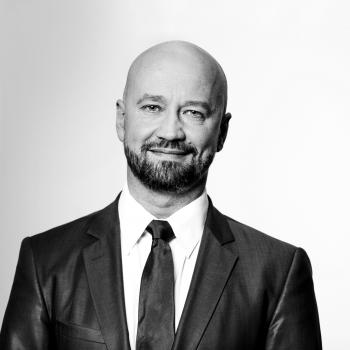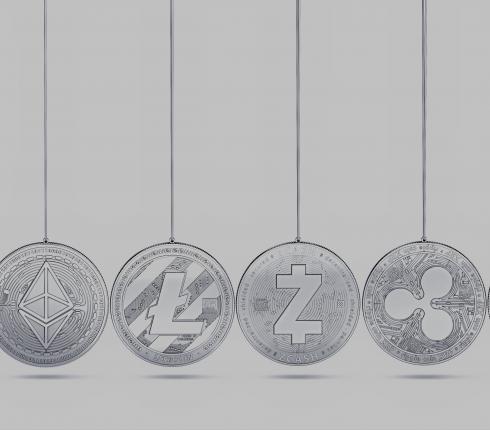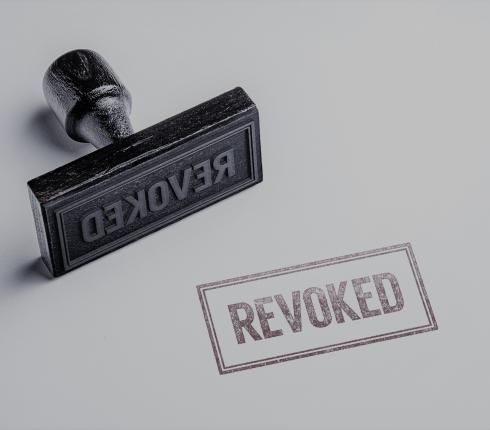NJORD Estonia: EU Proposal on Crowdfunding Service Providers may affect blockchain business
The EU Commission has come up with the new Proposal for a Regulation on European Crowdfunding Service Providers (the “Proposal”). If the Proposal comes into force, it will influence businesses that collect investors funds as loans, platforms that provide fundraising services, and ICO’s businesses. Here are 10 main things you need to know about the Proposal and some possible challenges for fundraising platform business utilizing blockchain technologies (“Blockchain platforms”).
1. The proposal covers investment- and lending-based crowdfunding platforms
There are 4 main types of crowdfunding platforms: donation-, reward-, investment- and lending-based platforms. The Proposal will cover the last two mentioned. In the future, investment- and lending-based platforms will possibly need to obtain an authorization from the European Security Market Authority (ESMA). Under the Proposal, ESMA will be the only authority which can issue the authorization for cross-border crowdfunding services.
The Proposal states that crowdfunding services mean the matching of investors and project owners at a crowdfunding platform which consist of any of the following:
(i) the facilitation of granting of loans;
(ii) the placing of transferrable securities (e.g. shares, bonds) without the crowdfunding service provider’s commitment to purchase these securities.
Challenge for Blockchain platform: some businesses who offer the collection of funds in virtual currency may fall under the Proposal. For example, when an ICO launching company issues tokens which constitute securities (i.e. security-type tokens) under the MiFID Directive. If the Blockchain platform is involved in the collection of virtual currency in exchange for security-type tokens, such Blockchain platform needs to apply for an authorization from ESMA.
2. Payments shall be made only via authorized payment service providers
If the Proposal comes into force, all payments to the crowdfunding platform must be made via authorized payment service providers (PSP) under Payment Service Directive (PSD2), i.e. banks, e-money institutions, payment institutions, etc.
Challenge for Blockchain platform: if the Blockchain platform falls under the Proposal, it may hinder its business. Usually, Blockchain platforms receive investors’ payments from crypto exchanges or crypto wallet providers that are not licensed under the PSD2 Directive. The majority of PSPs do not work with cryptocurrency at all. Therefore, such requirement may affect greatly the business model of the Blockchain platforms.
3. Subjects to the EU AML legislation
At the moment, the crowdfunding service providers are not regulated by the EU Fourth AML Directive. In the explanatory memorandum to the Proposal, it is stated that the European Commission should assess the necessity and proportionality of subjecting crowdfunding service providers to obligations for compliance with the national AML law. If the amendments come into force, this means that crowdfunding platform will need to undertake KYC/AML measures on every investor.
4. Threshold of EUR 1,000,000
If the Proposal comes into force, the maximum amount of funds that can be collected for each crowdfunding offer is EUR 1,000,000. If the amount is higher, a prospectus needs to be registered.
Challenge for Blockchain platform: cryptocurrencies are volatile, and it will become difficult to manage the threshold set up for fiat currency. For example, funds collected in cryptocurrency today may be lower than the threshold, however, tomorrow they may be much higher. If the amount in cryptocurrency becomes higher than the threshold, the Blockchain platform will need to register a prospectus.
5. Regulation is optional to service providers operating under national law
There are already special crowdfunding regulations in some EU member states. For example, Belgium has adopted the law on crowdfunding with the threshold of EUR 350,000 per crowdfunding project. The Proposal will not impose an obligation to apply for a new license. The entity may choose if it remains working only in the member state where the license is issued or apply for a cross-border authorization issued by ESMA.
6. Conflict of interest
Employees of the crowdfunding service provider and crowdfunding service providers themselves cannot participate in the crowdfunding offers displayed in their crowdfunding platforms.
7. Additional license for crowdfunding service providers
Apart from the authorization from ESMA, the crowdfunding service providers might need an additional license. For instance, if the crowdfunding platform processes the payments itself, such crowdfunding service provider needs to have a license under the PSD2.
Challenge for Blockchain platform: in some countries (e.g. Lithuania) a PSP is not allowed to work with cryptocurrency. In this case, if the Blockchain platform will require a PSP license, it might be impossible to obtain.
8. An entry knowledge test
The crowdfunding service providers will be obligated to run the special test to find out what the level of knowledge of the investor is regarding the investments.
9. Key investment information sheet
The crowdfunding platform needs to publish information regarding each offer containing the risks, information on the business model, team, product or service, etc. Such investment information documents do not need to be approved by any authority.
10. Timeline to receive the authorization
It may take up to 3 months to receive the authorization from ESMA. The following timelines are introduced in the Proposal:
- 20 days for assessing if the application is complete;
- 2 months for granting or refusing authorization;
- 5 days to notify the applicant about the decision.
NJORD will follow the further development of the regulation on crowdfunding services closely. If you operate in the crowdfunding business and have concerns about the Proposals, do not hesitate to contact: Veikko Toomere (vt@njordlaw.ee). NJORD is ready to help your business be compliant and successful.

















